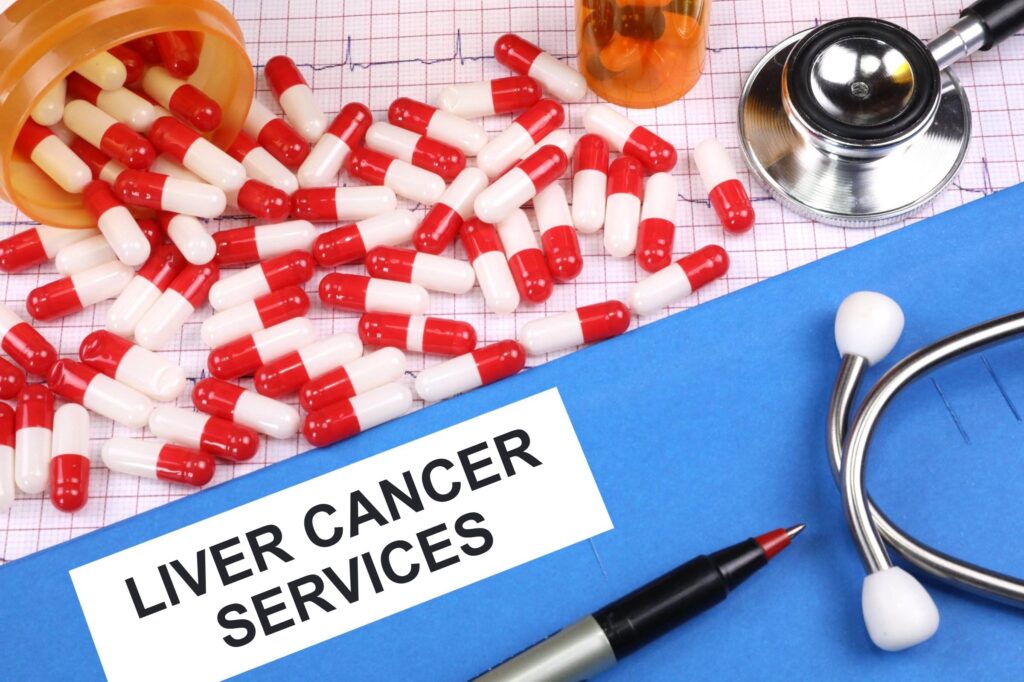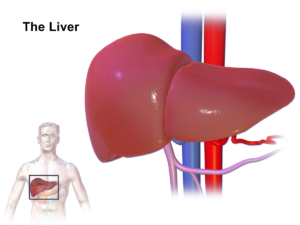Liver Cancer Symptoms – Liver cancer is a serious condition that requires early detection and intervention for better outcomes. It can manifest in various ways, affecting individuals differently. Understanding its symptoms is crucial for prompt diagnosis and treatment.
Introduction to Liver Cancer

Liver cancer, also known as hepatic cancer, occurs when abnormal cells grow uncontrollably in the liver. As one of the leading causes of cancer-related deaths worldwide, it poses a significant health concern. Early detection is essential for effective treatment and improved prognosis.
Types of Liver Cancer
There are several types of liver cancer, with hepatocellular carcinoma (HCC) being the most common. Other types include intrahepatic cholangiocarcinoma (ICC) and hepatoblastoma, which predominantly affects children.
Causes and Risk Factors
Several factors contribute to the development of liver cancer, including chronic infections with hepatitis B or C viruses, cirrhosis, excessive alcohol consumption, and obesity.
Common Symptoms of Liver Cancer
Symptoms of liver cancer may vary but commonly include jaundice (yellowing of the skin and eyes), abdominal pain and swelling, unexplained weight loss, and fatigue.
Diagnostic Methods
Doctors use various diagnostic methods to confirm liver cancer, including blood tests to assess liver function, imaging tests such as ultrasound, CT scan, or MRI, and biopsy for tissue analysis.
Stages of Liver Cancer
Liver cancer is staged from I to IV, indicating the extent of the disease. Staging is crucial for determining appropriate treatment strategies.
Treatment Options
Treatment options for liver cancer depend on the stage and extent of the disease and may include surgery, liver transplant, chemotherapy, or radiation therapy.
Prognosis and Survival Rates
Prognosis for liver cancer varies depending on factors such as the stage of the disease, overall health, and response to treatment. Survival rates also differ among stages.
Prevention and Lifestyle Changes
Preventive measures include vaccination against hepatitis B, limiting alcohol intake, maintaining a healthy weight through diet and exercise, and avoiding exposure to toxins.
Support and Resources
Support groups and online resources can provide valuable information, emotional support, and practical assistance to individuals and families affected by liver cancer.
Conclusion
Early detection of liver cancer symptoms is crucial for timely intervention and better outcomes. Understanding the risk factors, symptoms, and available treatment options can help individuals make informed decisions about their health.
FAQs
- Can liver cancer be prevented?
- While not all cases of liver cancer can be prevented, adopting a healthy lifestyle and avoiding risk factors such as excessive alcohol consumption and hepatitis infections can reduce the risk.
- What are the treatment options for advanced liver cancer?
- Treatment options for advanced liver cancer may include targeted therapy, immunotherapy, or participation in clinical trials.
- Is liver cancer hereditary?
- While liver cancer can run in families, most cases are not hereditary. However, individuals with a family history of liver cancer should undergo regular screenings.
- How often should individuals at risk for liver cancer undergo screening?
- Individuals at risk, such as those with chronic liver disease or a family history of liver cancer, should undergo regular screenings as recommended by their healthcare provider.
- What lifestyle changes can help reduce the risk of liver cancer recurrence?
- Adopting a healthy diet, maintaining a healthy weight, avoiding smoking and excessive alcohol consumption, and following the prescribed treatment plan can help reduce the risk of liver cancer recurrence.




Pingback: Article: Exploring the Legacy of Albert Einstein College of Medicine - Realone